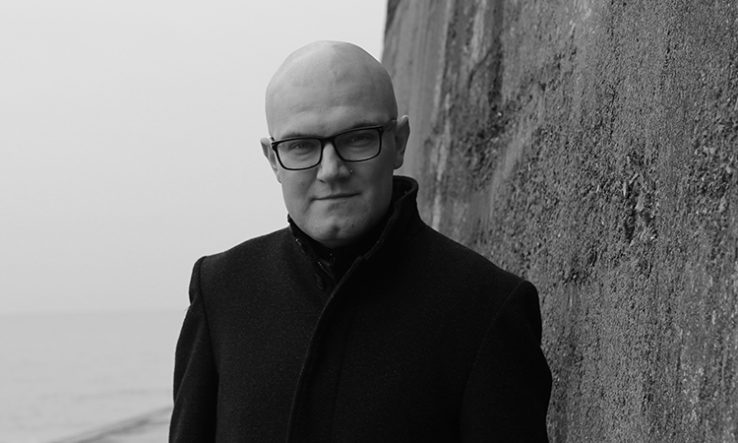
Image: Lianne de Mello [CC BY 4.0]
No immunity means no libraries, no travel and no end in sight, writes Martin Eve
Apparently, we should now be learning to live with Covid. Everything is back to normal in the UK, despite two jumbo jets’ worth of deaths every week. Ditch your masks, reclaim your freedom and put the misery of isolation behind you.
If only it were so easy for everyone. Thanks to chemotherapy medications used to control my autoimmune conditions, I suffer from the snappily named panhypogammaglobulinemia.
This means that I cannot produce antibodies to Covid—not even via vaccines. The advice from immunology was very clear: do not contract this virus, because it will kill you.
So in our household, 6 March 2022 marked the two-year anniversary of shielding. We were several weeks ahead of the curve in this respect. Trendsetters, perhaps.
In practical terms, this has meant two years of only seeing friends and family when they agree to isolate for 10 days. I have met my young nieces twice. We will meet people outside, with distancing and a negative lateral flow test, although in the British climate this is hardly a year-round solution.
Prior to the pandemic, I was a globetrotting academic. A single exciting week might have seen me speaking in Tokyo, Glasgow and the Cambridge in Massachusetts. This travel disappeared overnight. At least I have reduced my carbon footprint, but I’m also more familiar than I ever wanted to be with the four walls of my home office.
In isolation
Isolation has brought about conflicting feelings, including guilt. On the one hand, I am grateful that I am able to stay safe—and that I even have a home office. My employer—Birkbeck, University of London—has been nothing but protective. I am also fortunate to have a loving partner at home, so our isolation is shared. What have I to complain about, compared with those whose employers forced them back into unsafe working conditions?
On the other hand, I exist in a state of constant existential threat, in a very small world. Being killed for the sake of meeting someone in a cafe seems like too high a price; it would be an ignominious end. Yet not going means the eradication of the small things that make life dynamic and spontaneous. Instead, every day has a grave sense of familiarity to it, and limited routine.
Talk of mental health can be tricky. But spending most of every day in a single room and going out for a lone dog walk, where you must keep a safe distance from everybody else on the pavement, is not a brilliant life.
I have therefore been frustrated by the way in which the mental heath of the majority—restore liberties! No lockdowns!—has been played off against the physical vulnerability of disabled people. Apparently, we can just stay isolated if we want to be safe, as though we do not also have mental health needs to attend to.
Isolation has also posed challenges for my work. The inability to travel to research libraries has limited my scholarship. Fortunately, my Leverhulme Prize has given me enough funding to buy many of the books I need; otherwise, they would have been unaffordable.
And, given my experience of dysfunctional digital resources during the pandemic, it is a good job that I have spent my entire career campaigning for open access.
More seriously, at this point I feel that my life is not worth much to society. Covid’s effects are asymmetric: in the UK in 2020, 6 out of every 10 people who died from the virus were classed as disabled.
The English government seems to be using this imbalance to justify ditching all protections, as the disease ‘only’ affects those with ‘existing conditions’. The lives of three million people in the UK seem not worth the minor inconvenience of wearing a mask in public places.
If it were healthy children being disproportionately affected, I suspect we would view the situation very differently. I do not wish that, but the comparison shows how cheaply the lives of disabled people are valued in our country.
Where do I go from here?
What does the future hold? At some point, my immunoglobulin therapy will contain Covid antibodies. I will then have synthetic conferred immunity. But this will not be until 2023. A new variant could emerge before then that would annihilate this protection.
So it’s not at all clear that life will ever return, for me, to how things were before. I miss popping to the pub with friends. But I am under no illusions. What we’ve had so far is probably just the first two years of the rest of my life.
Martin Paul Eve is professor of literature, technology and publishing at Birkbeck, University of London
This article also appeared in Research Fortnight and a version also appeared in Research Europe